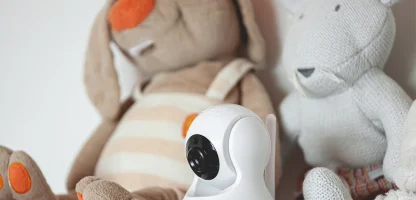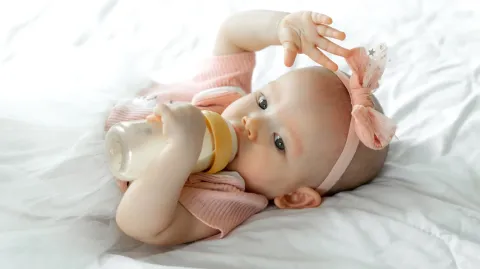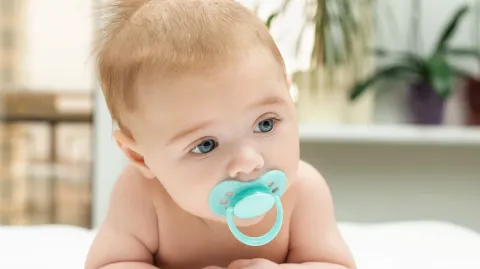The Importance of Choosing the Right Organic Baby Products
In recent years, the word “organic” has become a strong selling point across many industries from food to baby care. For new parents, organic baby products often seem like the safest and healthiest choice. But given their higher prices and clever marketing, one question remains: Are organic baby products really necessary?
Let’s take a closer look at what makes these products different, their benefits, and when it’s actually worth choosing them.
1. What Does “Organic Baby Product” Mean?
Organic baby products are made without harmful chemicals, pesticides, or synthetic additives.
These include organic cotton clothing, natural skincare items, organic baby foods, and eco friendly cleaning products.
The main goal is to ensure that nothing coming into contact with a baby’s skin or body contains toxic substances.
2. Why Do Parents Choose Organic?
A baby’s skin is thinner and more sensitive than an adult’s, allowing chemicals to be absorbed more easily.
Organic products reduce this risk and give parents peace of mind.
They’re also produced using eco friendly methods, which makes them better for the environment.
For babies with allergies, eczema, or sensitive skin, organic products can make a visible difference in comfort and health.
3. Does Organic Cotton Really Make a Difference?
Yes especially when it comes to direct skin contact.
Organic cotton is grown without pesticides or synthetic fertilizers, making the fibers softer and more breathable.
It helps prevent irritation and overheating.
Since it avoids harsh dyes and bleach, it’s a gentle choice for pajamas, bodysuits, and underwear that touch a baby’s skin every day.
4. The Difference Between “Natural” and “Organic”
Many parents assume that “natural” automatically means “organic,” but that’s not always true.
A natural product may come from plants but still go through chemical processing.
An organic product, on the other hand, is made from certified ingredients that have not been chemically treated.
The label “Certified Organic” is therefore a key indicator of true organic quality.
5. Do All Baby Products Need to Be Organic?
Not necessarily.
For items like bottles, pacifiers, or toys, the important thing is that they’re BPA free, phthalate free, and safety certified.
In these categories, material safety matters more than organic certification.
However, when it comes to clothing, skincare, soap, or detergent, going organic is a meaningful and beneficial choice.
6. Is the Price Difference Worth It?
Organic products usually cost more due to certification processes and eco friendly production.
In some cases, the difference is worth it especially for babies with allergies or skin sensitivities.
Using organic lotion or detergent can reduce irritation and help keep the skin healthy in the long run.
You don’t have to buy everything organic; making thoughtful, selective choices is what truly matters.
7. How to Tell if a Product Is Truly Organic
Unfortunately, many products use the word “organic” loosely.
Always check for certification logos such as Ecocert, USDA Organic, or COSMOS.
Also, understand label wording “100% organic” means fully organic, while “made with organic ingredients” means only some components are organic.
True organic products always display the name of the certifying body and manufacturer.
Choose According to Your Baby’s Needs
Organic baby products can protect your baby’s skin and support a sustainable environment when chosen wisely.
Not every product needs to be organic; what matters is knowing where it truly counts.
Focus on items that touch the skin, are used frequently, or contain potential irritants.
In the end, going organic is not a rule but a mindful decision.
With balanced choices, you can keep your baby safe, comfortable, and naturally healthy.





Comments0
No comments yet — be the first to comment!